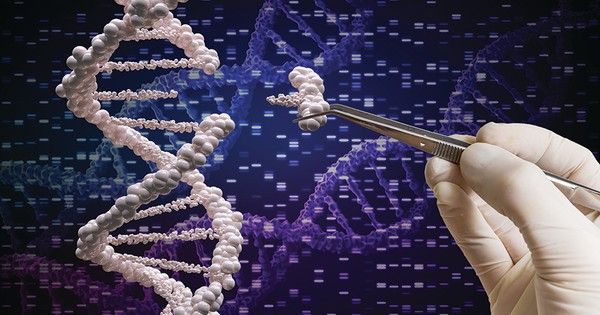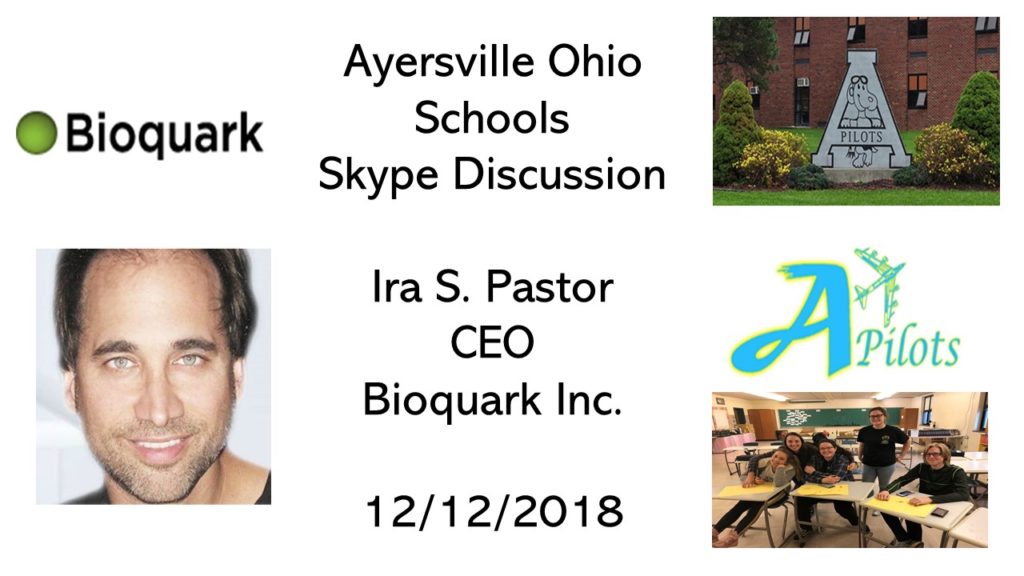Spicy food is popular the world over, but the active ingredient that makes food taste “hot”—capsaicinoids, a group of chemical compounds has useful properties beyond making food taste delicious. However, the plants that make them (the chili pepper family, or Capsicum) are small and have relatively low yields. A new paper published today in the journal Trends in Plant Science proposes an alternative: engineering tomato plants to produce capsaicinoids. If all goes well, someday, you could enjoy a spicy tomato, or even be treated with capsaicinoids extracted from one.
The paper, written by a group at Brazil’s Federal University of Viçosa, builds on recent work that showed the tomato has all the genetic information it needs to produce capsaicinoids. “We know that all the genes are there, but in the tomato they are silent,” study author Agustin Zsӧgӧn says. His paper proposes a method for using gene-editing techniques to activate the genetic machinery in the tomato that tells it how to produce capsaicinoids, transforming the plant into both a “biofactory” that could produce larger amounts of the chemicals than it’s currently possible to grow and a spicy snack.
Tomatoes have capsaicinoid genetic pathways like peppers because the two South American plants are related. “In our lab, we work with both species,” Zsӧgӧn says. Last year, his team used gene editing to “domesticate” a wild tomato in just a few generations, engineering the strain to produce larger fruit, and greater quantities of it, than in the wild. This kind of process is how we ended up with the crops we eat today—early farmers planted the offspring of the most fruitful plants of each generation, enabling their genetic survival. CRISPR-Cas9 is just a shortcut.









